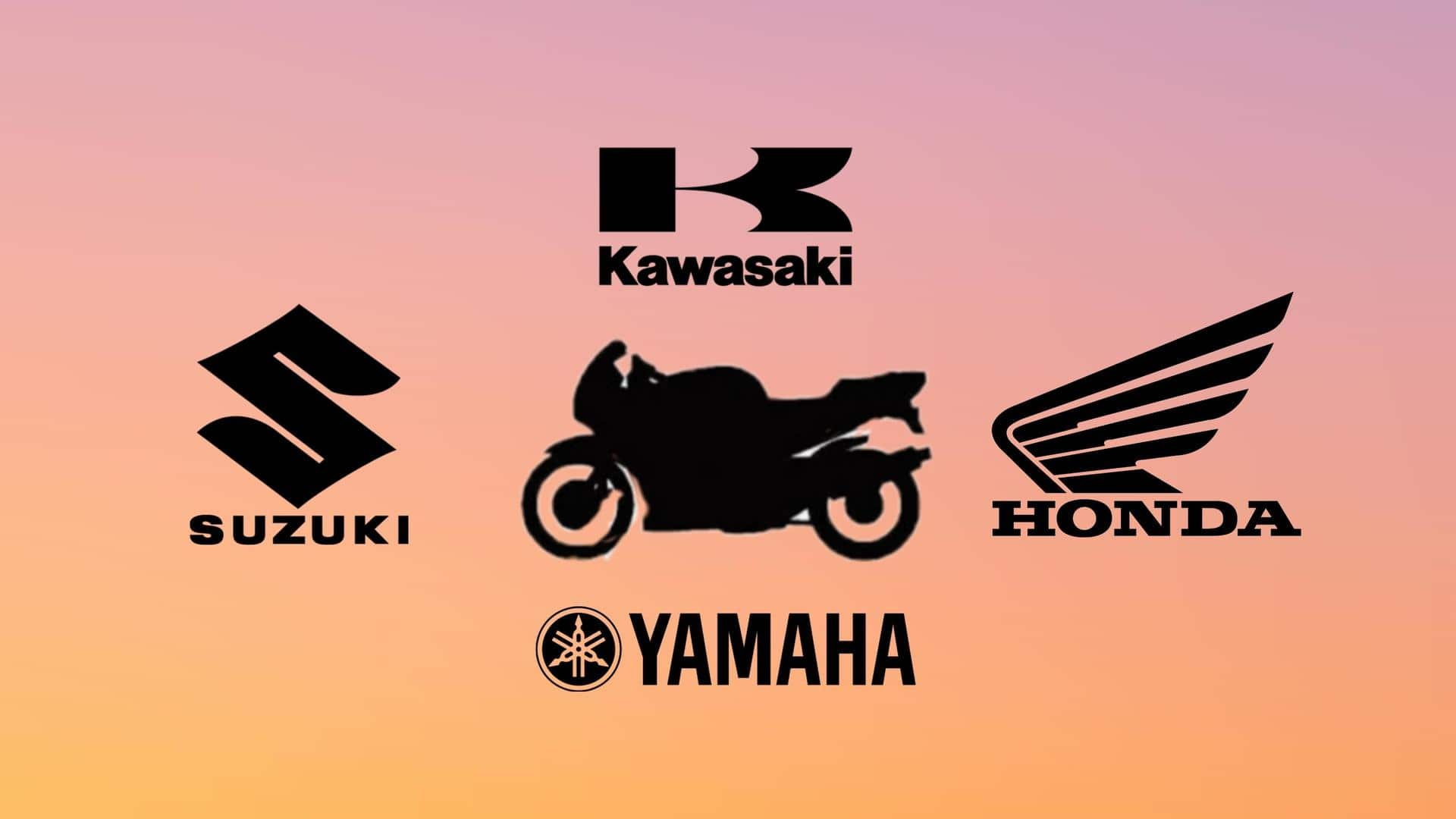
Honda, Suzuki, Yamaha, and Kawasaki to develop hydrogen-powered engines
What's the story
In an unprecedented move, four Japanese motorcycle giants have come together to jointly develop a small hydrogen combustion engine. Honda, Suzuki, Yamaha, and Kawasaki have formed a research association called Hydrogen Small mobility and Engine technology (HySE). The top four bikemakers will be focused on researching and developing small-capacity motors and carmaker Toyota will be utilizing the knowledge for developing larger power units.
Context
Why does this story matter?
While the rivalry between the top four motorcycle manufacturers is legendary, they have decided to come together to develop greener ICE engines powered by liquified hydrogen. Japan's Ministry of Economy, Trade, and Industry approved the creation of HySE to boost research, thereby increasing the number of jobs in the country's automotive sector. Each bikemaker will have a role to play in this collaboration.
Current situation
Electrification is increasing overall cost of two-wheelers
While going electric may be reducing the running cost of two-wheelers by a significant margin, the cost of ownership goes much higher than a similarly specced ICE-powered vehicle. Also, with lesser mechanical components in Battery Electric Vehicles (BEVs), the number of people required to produce and maintain an EV is much less when compared to petrol-powered bikes. HySE is created to tackle these issues.
Role
Each bikemaker will be working on specific aspects of engines
In HySE, Honda will be responsible for the 'model-based development' of hydrogen-powered engines, while Suzuki is tasked with researching the functionality, performance, and reliability aspects of these engines. Yamaha will take care of the requirements for developing a hydrogen refueling system and hydrogen tanks, while Kawasaki will be developing auxiliary equipment required for a fuel supply system and tanks.
Information
Preserving the technology of Internal Combustion Engines is a priority
EVs are the future of mobility solutions. However, the four iconic bikemakers believe that they have a sense of mission to preserve the technology of Internal Combustion Engines as well. Modern ICE powertrains incorporate the efforts that previous generations have invested in the technology.
Alternative
Porsche's synthetic fuel can also promote green mobility
Talking about alternatives to electric mobility, Porsche is readying synthetic fuel. It combines carbon captured from atmosphere with hydrogen sourced from water to create methane, which works like petrol when converted into fuel. It also has an 85% reduction in carbon dioxide emissions, making it a greener alternative to fossil fuels. Per Porsche, its e-fuel does not demand mechanical modifications, unlike hydrogen or ethanol.